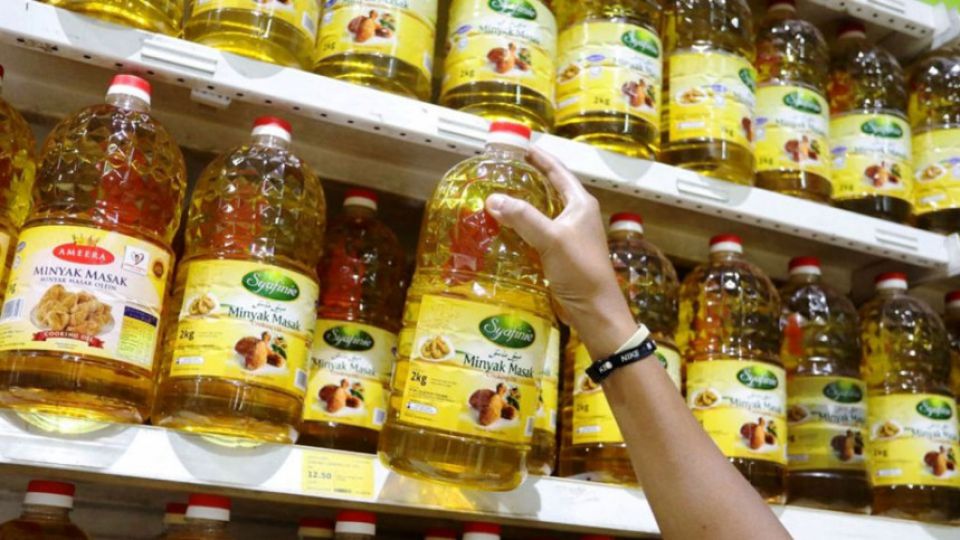April 27, 2022
DHAKA – Indonesia’s abrupt announcement of a palm oil export ban from tomorrow has sent refiners in Bangladesh into zealous rationing, choking the availability of cooking oil at the retail level at a time when its consumption is high.
About half of the cooking oil used in Bangladeshi kitchens is palm oil, 80 percent of which comes from Indonesia.
The blanket export ban, which comes to secure local supplies as the world’s largest Muslim population prepares for feasting during the Eid-ul-Fitr holidays, is expected to be temporary, going up to three weeks at most as the consumption demand is set to normalise after the festive period, according to analysts.
And yet, refiners in Bangladesh are exploiting the situation despite ample reserves.
The country has four lakh tonnes of edible oil, according to data from the National Board of Revenue and commerce ministry.
This is enough to meet the demand for at least the next one and a half months, according to AHM Shafiquzzaman, additional secretary at the commerce ministry.
About 8.5 lakh tonnes of palm oil and 4 lakh tonnes of soybean oil have been imported in the first three and a half months of this calendar year, according to the NBR.
“This is an artificial crisis,” said Shafiquzzaman.
The Daily Star visited the wholesale and retail hubs in Dhaka and Chattogram and was met with the chorus of supply crunch.
“I have had no oil in my store for the last five days,” said Monir Hossain, a salesman at Jaber Store in Karwan Bazar, the largest kitchen market in the capital.
It is the same scenario all over the country, according to traders.
Over in Pabna, shopkeepers are exploiting the situation by holding back on their stock of bottled and packaged soybean oil, whose labels come stamped with a maximum retail price, reports our correspondent.
They are instead nudging customers towards loose oil, whose price has been hiked.
In Chattogram, consumers are having to pay an additional Tk 8-10 for every litre of non-bottled soybean oil.
To navigate the reduced supplies from refiners, some supermarkets have started to limit the amount of cooking oil customers can buy.
For instance, each customer can buy a maximum of 5 litres of edible oil from Shwapno’s 56 stores across the country.
“I think the edible oil crisis will be over after Eid,” said Al Mamun, senior operations manager of Shwapno’s Panthapath outlet, which sells about 200 litres of edible oil a day.
For the last few days, the store is getting 100 litres from refiners.
The refiners though maintain they are supplying oil as normal.
“We are not doing anything like that,” said Biswajit Saha, director for corporate and regulatory affairs at City Group, a leading oil refiner and importer.
Mohammad Dabirul Islam Didar, head of finance and Accounts at Bangladesh Edible Oil Limited, which sells the Rupchanda brand soybean oil, echoed the same.
“After Eid, we will sit with the government to discuss the supply situation,” he added.
The government is taking steps to increase palm oil imports from Malaysia as an alternative to Indonesia, which is the world’s biggest exporter of the edible oil, as well as soybean oil imports from other countries, said Shafiquzzaman, who is also the director-general of the Directorate of National Consumer Rights Protection.
Malaysia, which accounts for 31 percent of global palm oil supply, second after Indonesia’s 56 percent, is unlikely to be able to fill the gap created by Indonesia as it is facing a labour shortage.
“We have already approached India as an alternative market for sunflower oil,” he added.


